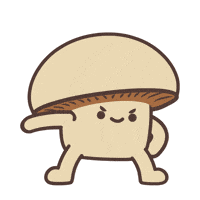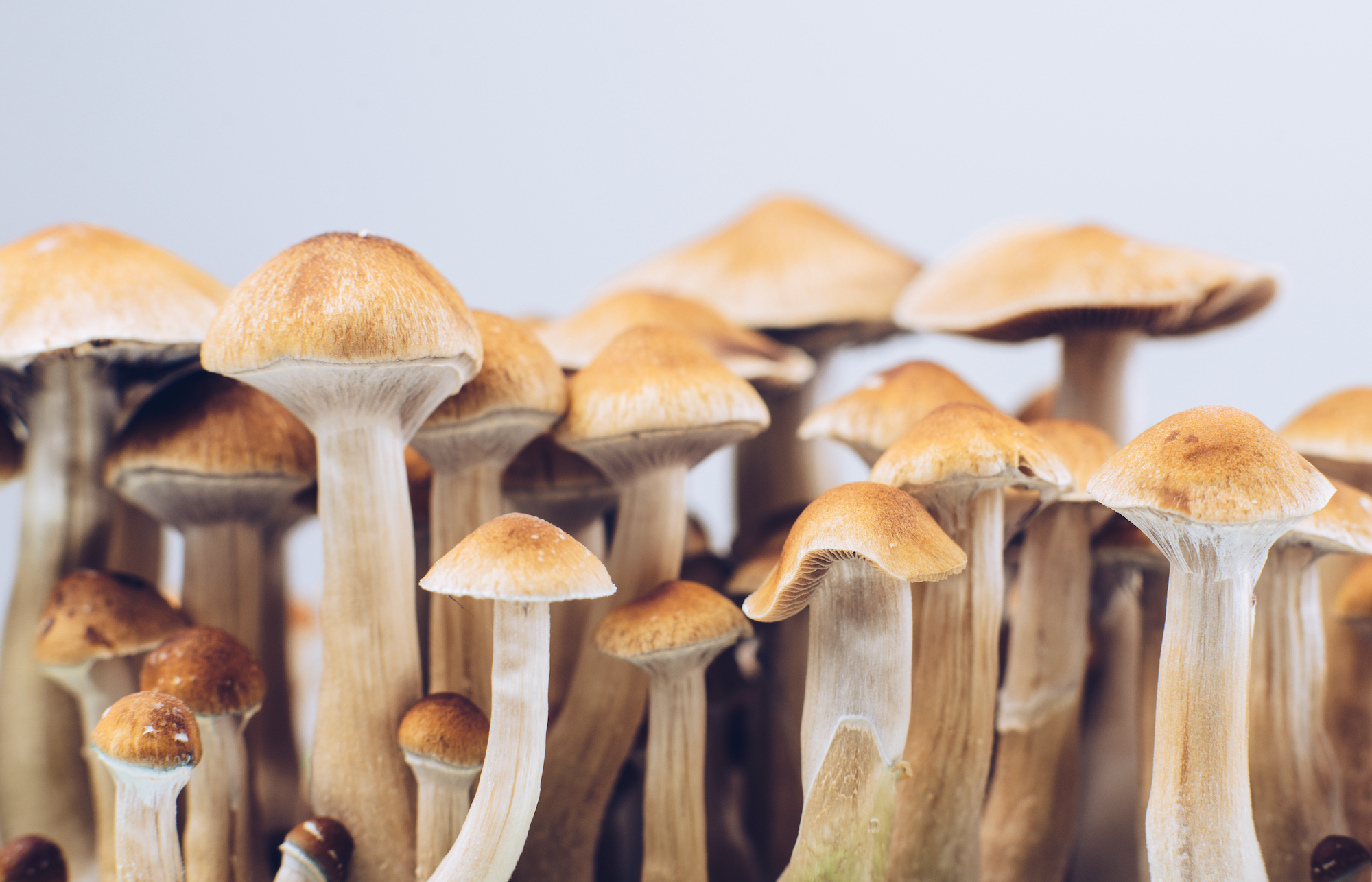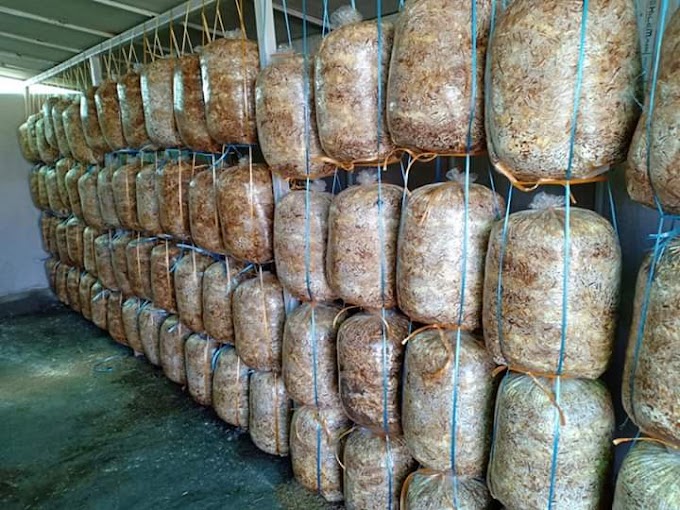Psilocybin to Treat Depression and Anxiety
Psilocybin, the psychoactive compound found in certain species of mushrooms, particularly those belonging to the genus Psilocybe, has been gaining attention as a potential treatment for depression and anxiety, among other mental health conditions.
Here's an overview of the topic:
1. Research Findings:
There is growing evidence from clinical studies suggesting that psilocybin, when administered in a controlled setting under the supervision of trained professionals, may have therapeutic benefits for individuals suffering from depression and anxiety. Some studies have reported significant reductions in depressive symptoms and anxiety levels following psilocybin-assisted therapy sessions.
2. Mechanism of Action:
Psilocybin interacts with serotonin receptors in the brain, particularly the 5-HT2A receptor, leading to alterations in neural activity and changes in perception, mood, and cognition. These neurobiological effects are believed to contribute to the therapeutic effects observed in clinical trials.
3. Psychedelic-Assisted Therapy:
Psilocybin therapy typically involves a combination of the administration of psilocybin in a controlled setting, accompanied by psychotherapy sessions before, during, and after the psychedelic experience. The therapy aims to facilitate introspection, emotional processing, and psychological insights, which may lead to long-lasting improvements in mental health outcomes.
4. Clinical Trials:
Several clinical trials have been conducted or are underway to investigate the efficacy and safety of psilocybin-assisted therapy for depression and anxiety. These trials involve participants with treatment-resistant depression, anxiety disorders, and other mental health conditions.
5. Safety Considerations:
While psilocybin appears to be relatively safe when administered in controlled settings under the supervision of trained professionals, there are potential risks associated with its use, including psychological distress, challenging experiences (known as "bad trips"), and exacerbation of underlying mental health conditions in susceptible individuals. Therefore, rigorous screening, preparation, and monitoring protocols are essential to ensure the safety and well-being of participants.
6. Legal and Regulatory Challenges:
Psilocybin remains classified as a Schedule I controlled substance in many countries, including the United States, which imposes significant regulatory barriers to research and clinical use. However, there is growing interest in revisiting the legal status of psilocybin and exploring avenues for its medical and therapeutic use.
Overall, while preliminary research suggests promising potential for psilocybin-assisted therapy in treating depression and anxiety, further studies are needed to establish its safety, efficacy, optimal dosing regimens, and long-term effects. Additionally, addressing legal and regulatory challenges is crucial to advancing research in this field and making psychedelic-assisted therapy more accessible to individuals in need.





